Garden Lesson Plans
veggiefaery
14 years ago
Related Stories
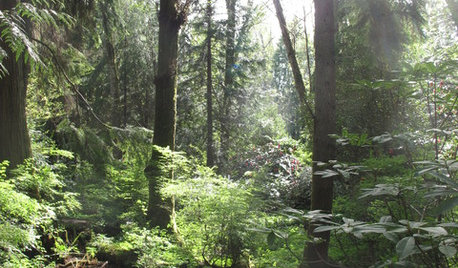
GARDENING AND LANDSCAPINGGarden Lessons from a Grand Northwest Reserve
Borrow classic landscape ideas from this Washington state treasure, a series of gardens as thoughtfully planned as they are spacious
Full Story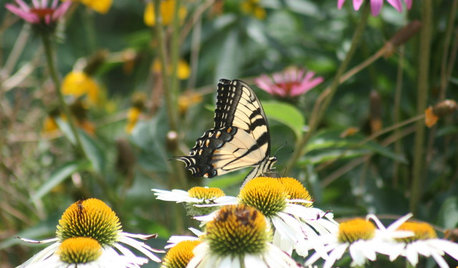
GARDENING GUIDESLessons in the Rewards of Selfless Gardening
Let go of gardening for your own vision and watch the garden’s own true vision come forth
Full Story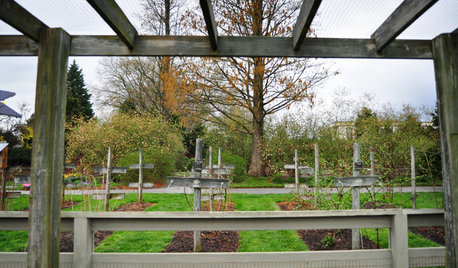
GARDENING AND LANDSCAPINGVegetable Growing Lessons From Longwood Gardens
Get ideas for your own edible landscape from a Pennsylvania showpiece and teaching garden
Full Story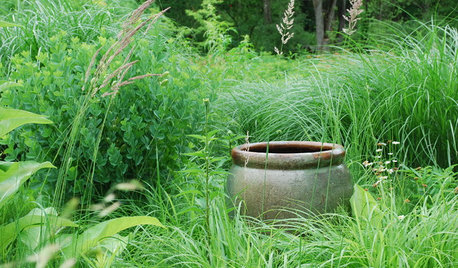
GARDENING GUIDES5 Invaluable Life Lessons From the Garden
The garden is both teacher and healer. Don't be afraid — dig in and reap the benefits
Full Story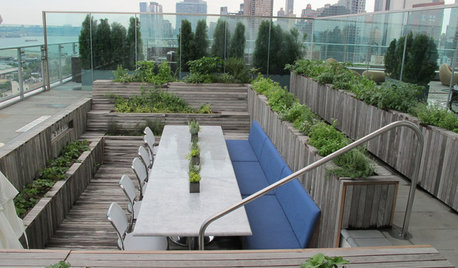
EDIBLE GARDENSLessons From an Edible Garden on a City Roof
Reincarnation of New York City rooftop pool proves edible landscaping is possible just about anywhere
Full Story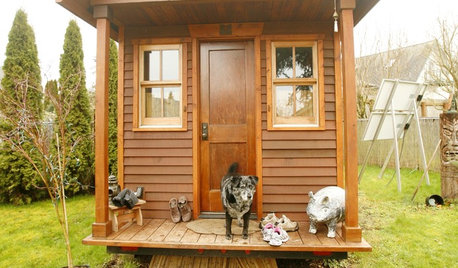
SMALL SPACESLife Lessons From 10 Years of Living in 84 Square Feet
Dee Williams was looking for a richer life. She found it by moving into a very tiny house
Full Story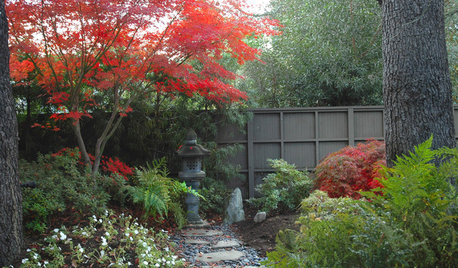
COLORNature’s Color Wisdom: Lessons on Red From the Great Outdoors
Dab some of Mother Nature’s rouge around the home for an eye-opening look
Full Story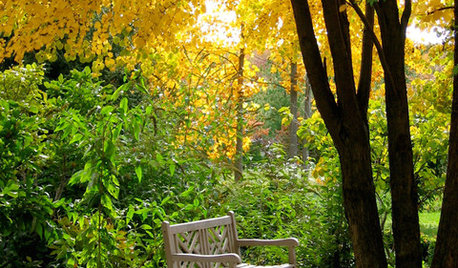
COLORNature’s Color Wisdom: Lessons on Yellow From the Great Outdoors
Let the sunshine in. These ways to use yellow will cheer up your interiors and make Mother Nature proud
Full Story
COLORNature’s Color Wisdom: Lessons on White From the Great Outdoors
Blizzard fierce or butter soft, white can highlight shapes, unify a room and perform miracles on the cheap
Full Story
SELLING YOUR HOUSEA Moving Diary: Lessons From Selling My Home
After 79 days of home cleaning, staging and — at last — selling, a mom comes away with a top must-do for her next abode
Full Story





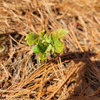
digdirt2
organicdan
Related Professionals
Bellflower Landscape Architects & Landscape Designers · Maple Valley Landscape Contractors · Broomfield Landscape Contractors · Chesapeake Ranch Estates Landscape Contractors · Lehigh Acres Landscape Contractors · Painesville Landscape Contractors · Peoria Landscape Contractors · Seminole Landscape Contractors · Shirley Landscape Contractors · Waipahu Landscape Contractors · Quartz Hill Landscape Contractors · Norridge Landscape Contractors · Camp Springs Landscape Contractors · Gurnee Driveway Installation & Maintenance · Middle Island Driveway Installation & Maintenancelantanascape
veggiefaeryOriginal Author
bb
jimster
anney